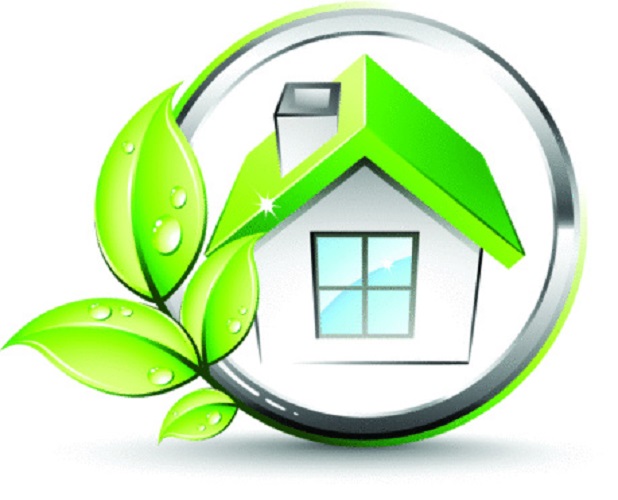5 ways to know if you have poor home air quality
Indoor air quality means the condition of the air that you and your family breathe inside your home. This is an important concern because you spend most of your time indoors and you could be exposed to environmental pollutants. Air pollution is largely considered as being outdoors, but the truth is that the air in your house is more contaminated. Indoor air pollutant levels are higher than outdoor levels. Indoor air pollution happens when toxic contaminants and gases infect the air. You shouldn’t assume that that your home environment is completely safe. Considering that Toronto’s environmental pollution is still causing serious health issues, you can’t afford to take any chances. Be sure. There are many ways to tell if the indoor air quality is bad.

Get in touch with air quality experts
One of the best ways to know if you have poor home air quality is to have it tested. Sure, selecting Toronto air quality experts is a daunting task, but the Internet has made the process a lot simpler. The air quality experts will investigate your indoor air quality, thus being of great help. What the trained professionals do is offer you peace of mind. You will know for sure whether you and your family are living in a healthy indoor environment. Don’t waste your time with test kits. They aren’t reliable, not to mention that they are expensive. You should better invest your money in professional indoor air quality testing. The consultants will be able to detect even the tiniest sources of poor indoor air quality. The best thing you can do is call in the professionals.
Take notice of your allergies
It’s hard not to attribute an allergy episode to a climate change. Yet, you could be having a sensitive reaction to indoor allergens. The change in weather patterns isn’t to blame, but animal dander, dust mite droppings, and mould. They are the ones overwhelming your immune system. If you experience rashes, watery eyes, trouble breathing or you have a runny nose, then chances are that you have poor home air quality. Pay attention to when and where the symptoms appear and disappear. If allergy symptoms occur when you stay at home, you have a problem. But what if you don’t have allergy symptoms at all? Well, take notice of your loved ones. Their sensitivity is a good indicator of indoor air quality.
Investigate the indoor air quality
You can tell if your home has poor air quality by looking for sources of pollution. Know that it’s not easy to identify sources of environmental pollution and that their presence doesn’t necessarily mean that you have a problem. Here are some examples of sources of poor air quality:
· Damp carpets
· Old pieces of furniture
· Heating equipment
· Building materials
There is nothing more important than the health of your family, so don’t ignore the aforementioned sources of indoor air pollution. Look for these culprits even before you have your home tested.
Look for mould growth

It’s not uncommon for mould to grow and homes. What is uncommon, on the other hand, is to inhale mould spores. Mould poses threats to the health. Harmful effects of mould include allergic reactions, rashes, coughing, and eczema. But these should be the least of your worries. Exposure to mould leads to infection, respiratory problems, and even cancer. Mould is not as easy to identify as you may think. The fungus is usually hidden from the view, so finding its source can be difficult. Places you need to check are the corners where the walls meet the ceiling, behind appliances, and in the basement.
Consider home improvements and repairs
Home improvements and repairs can affect the indoor air quality. How so? Making updates results in strange things. For instance, if you install a new A/C, you and your family can get sick. The filter retains all kinds of germs and bacteria, so if it isn’t cleaned regularly, it can become dangerous. Other changes that affect the home environment are removal of asbestos and lead-based paint. If you haven’t gotten to cleaning up after such projects, it’s time you did. The last thing you want is to suffer health consequences.
When it comes to determining if you have poor indoor air quality, it is better to get in touch with the experts. Trained professionals are the only ones capable of discovering the gravity of the situation. They can tell you which is the source of the indoor air pollution and how you can deal with the problem. The greatest thing of all is that the solutions provided are neither difficult nor expensive. If you have a reasonable doubt concerning the quality of the indoor air, contact the professionals.


0 Comments
Recommended Comments
There are no comments to display.